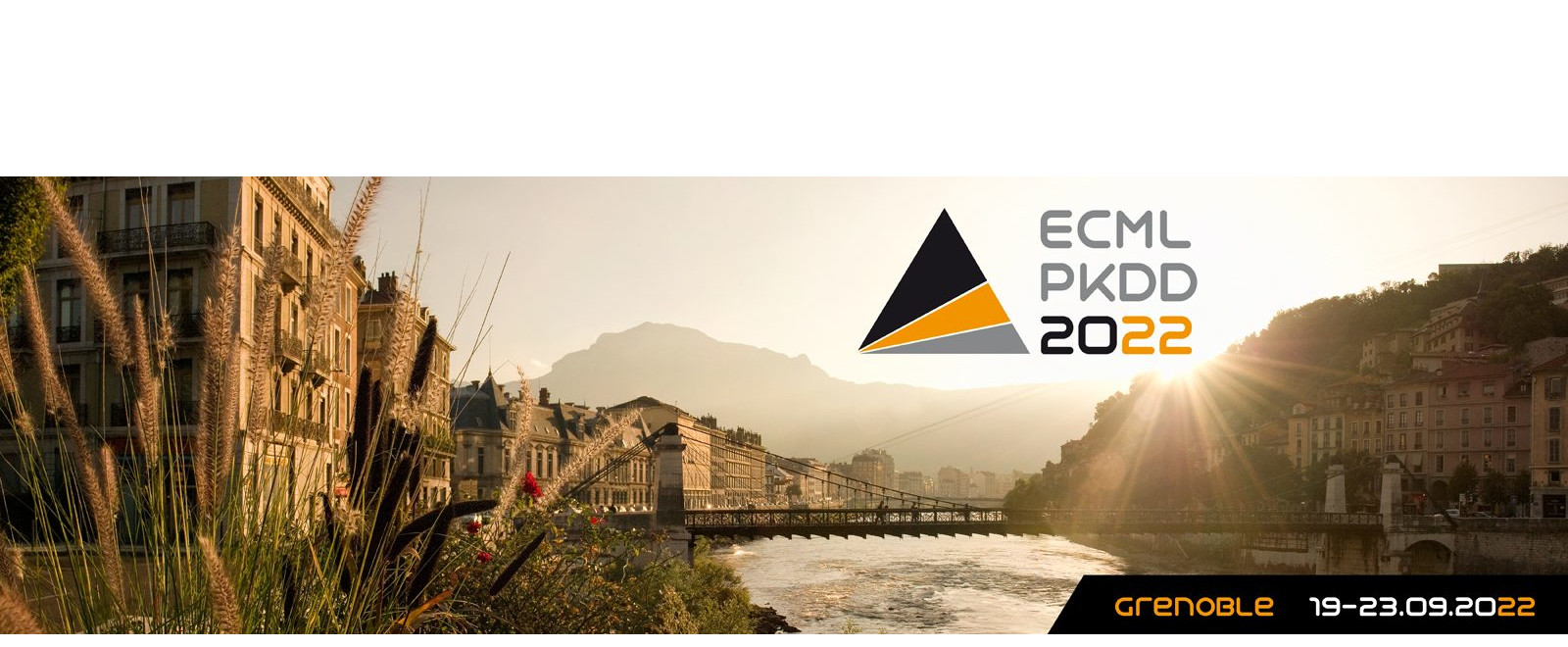
MLMicrobial Genomics 2022
September 23rd, 2022 - Virtual Event
| Home | Call for papers | Program | Abstracts | Practical information |
| Time | September 23rd 2022 | Title |
|---|---|---|
| 10:15 - 10:20 | Welcome | |
| 10:20 - 11:00 | First keynote: Alice McHardy | Computational inference of microbial genotype-phenotype relationships |
| 11:00 - 11:20 | Talk #1: Gabriel Carvalho, Jean-Philippe Rasigade, Katy Jeannot, Patrick Plésiat, Richard Bonnet, Laurent Dortet and François Vandenesch | Predicting antimicrobial resistance genes from phenotypic resistance profiles: a proof-of-concept study |
| 11:20 - 11:40 | Talk #2: Ulysse Guyet, Léa Bientz, Véronique Dubois, Jacques Corbeil, Jie Feng, Alexis Groppi and Macha Nikolski | ARSENAL: Antimicrobial ReSistance prEdictioN by mAchine Learning approach |
| 11:40 - 12:00 | Talk #3: Niklas Stotzem, Fernando Guntoro and Leonid Chindelevitch | BenchmarkDR: A modular and expandable benchmarking pipeline for machine learning based antimicrobial resistance prediction |
| 12:00 - 12:15 | Break | |
| 12:15 - 12:55 | Second keynote: Nicole Wheeler | Machine learning for predicting phenotype from genotype: how well do algorithms capture causal mechanisms? |
| 12:55 - 13:15 | Talk #4: Jean Cury, Théophile Sanchez, Erik Bray, Jazeps Medina-Tretmanis, Maria Avila-Arcos, Emilia Huerta-Sanchez, Guillaume Charpiat and Flora Jay | Inferring effective population sizes of bacterial populations while accounting for unknown recombination and selection: a deep learning approach |
| 13:15 - 13:35 | Talk #5: Sion Bayliss, Rebecca Locke, Claire Jenkins, Marie-Anne Chattaway, Timothy Dallman and Lauren Cowley | Hierarchical machine learning predicts geographical origin of Salmonella within four minutes of sequencing |
| 13:35 - 13:45 | Conclusion |